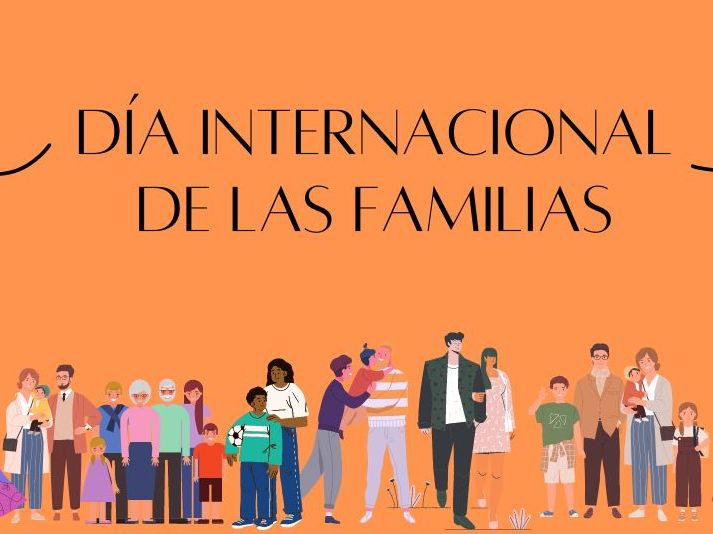
By Alexis Peña Hernández/Journalism Student
Nucleus of love, complicity, conflicts and learning from past times, the family is consolidated as a refuge of consolation and is considered the common thread capable of purifying souls in the complex fabric of today's society.
In the midst of the whirlwind of the outside world, which becomes increasingly cumbersome, it is situated as an anchor of reaffirmation, where traditions, stories and values, transmitted from generation to generation, converge.
Families currently face various challenges such as reconciling work and family life, raising children, education, health, gender equality, cultural diversity, among others; Hence the importance of public policies and actions at the community level being aimed at supporting this system of unity of societies in overcoming challenges, as well as promoting a favorable environment for their integral development.
Protection of the family in Cuba dates back to 1940, although practice in those years demonstrated the inconsistency of the established precepts. Right from 1959, the safeguarding and care of the family was taken as a primary gear for revolutionary development and gained greater importance with the Constitution of 1976, later modified in 1992.
The Cuban State recognizes the family as the fundamental cell of society, and therefore attributes to it essential responsibilities and functions in the education and training of new generations. In that sense, it is known that Cuban society has evolved, and along with it the characteristics of families, which have been influenced by various sociodemographic factors, the transformations in the economic model, the vision from the rights to found and live as a family. , among others.
The Constitution approved and proclaimed in 2019 includes in articles 81 to 89, a framework of regulations consistent with the family pluralism that is shown in today's Cuba, and that requires maintenance in a society that decreases in terms of preservation. of values ??and identities.
In this sense, the Families Code also intervenes, with its essence rooted in the adaptation of the internal regulations in pursuit of the obligations derived from the current treatment in the country in family matters.
Families, as transmitters of values, must adopt sustainable and awareness-raising habits from an early age.
International Day of Families is celebrated every May 15. This day was decreed by the United Nations Organization in 1993 in order to raise awareness of issues related to them and reflect on how social, economic and demographic processes affect them, as well as the adoption of measures that benefit families of all the world.
This celebration seeks to highlight the role of family units in the social, economic and cultural development of communities, since as a basic unit of society, it is within them where values ??are transmitted, emotional support is provided and the well-being of its members is promoted.
In the current global context, this date aims to raise awareness about the challenges faced by families around the world such as poverty, domestic violence, migration, discrimination and lack of access to basic services.
Not only blood distinguishes a family, the term has always been developed as that place that emanates joy and tranquility, with the only rule that they are one for all and all for one. (Photo: PL)